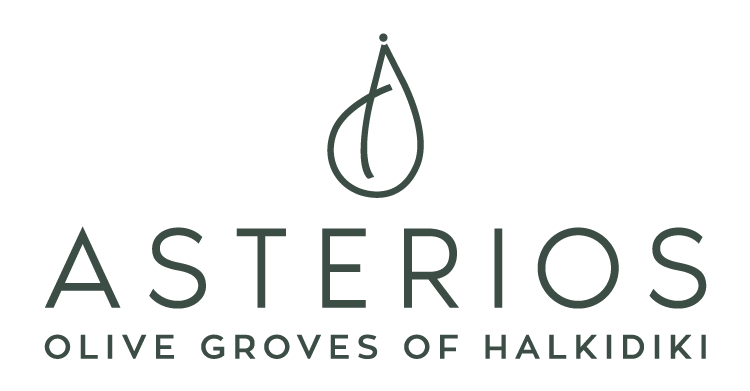Your basket is currently empty!

Queen of the Greek Mediterranean diet and a favourite food for Greeks, the olive and olive oil are considered superfoods due to their high content of nutrients. They are an important source of beneficial monounsaturated fatty acids and that replaces the saturated fats which are extremely harmful to the human health. Monounsaturated fatty acids contribute to the cholesterol, and their frequent consumption reduces the risk of ‘bad’ cholesterol and cardiovascular disease. The percentage of carbohydrates is minimal, reaching 4-6% of the total carbohydrate content. They are rich in vitamin A, which helps maintain good eye health, vitamin E which provides high antioxidant activity and they contain significant amounts of vitamins B1, B6 and B12 which strengthen the nervous system, memory and metabolism.
The olive and olive oil are enriched with minerals and trace elements, such as iron, which contributes to the proper functioning of the blood, calcium and phosphorus for strong bones and teeth, copper, which helps in the collagen production, manganese and potassium, which is necessary for the proper functioning of the cardiovascular system. They contain valuable polyphenolic compounds such as hydroxytyrosol, tyrosol and squalene that have a strong antioxidant effect and anti-cancer activity, limiting the damage to the cells of the human body.
As for their caloric value, the average calorie content of olives is very low: 10 small olives contain 50 calories, 3 large olives 30 calories and 100 grams of olives correspond to 100 calories. However, it should be noted that not all olives are the same, different varieties of olives have different caloric values and different nutrients. While the calories of olive oil correspond to 884 per 100gr.





